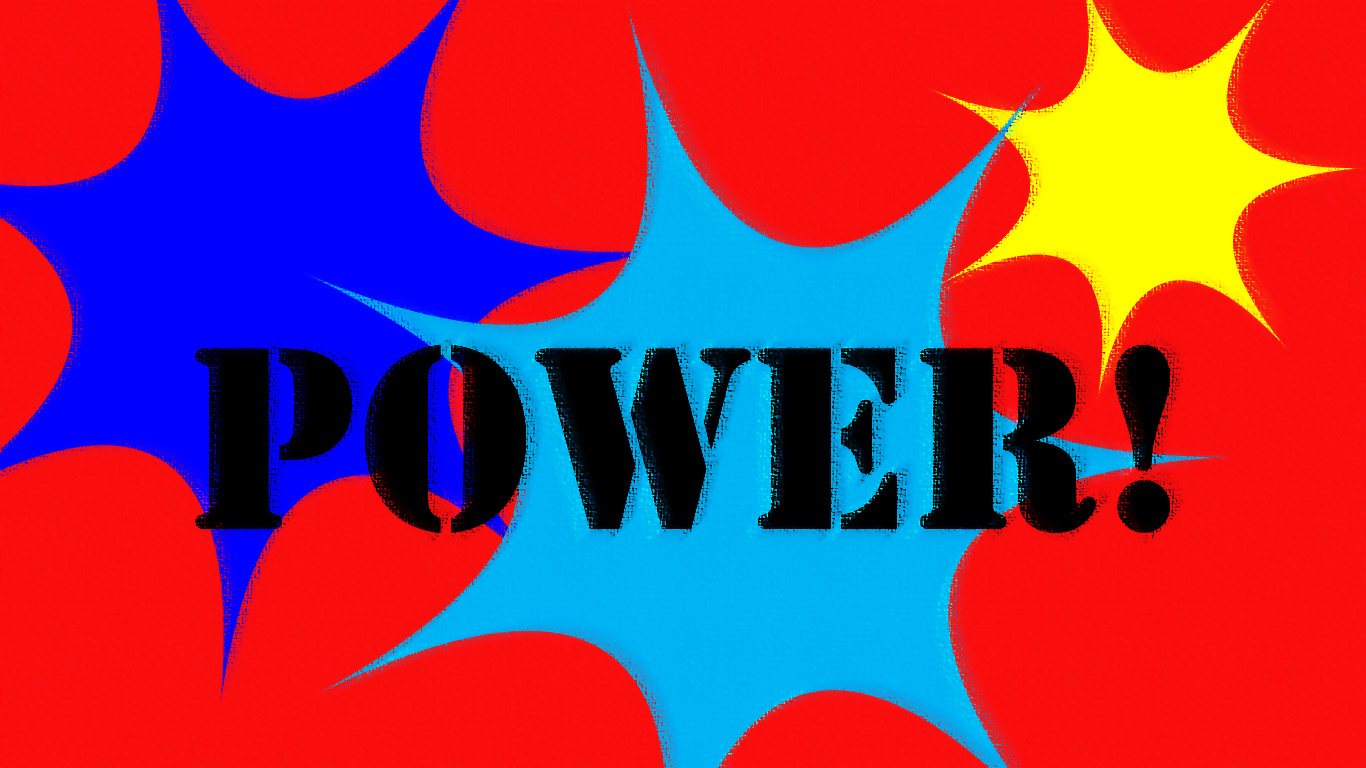Humility is simply a state of being humble. It is the outward projection you give of yourself to others as to who you are and that you are no more important nor no less important than the person next to you. It also projects that you care about other people. As you gain skills in the Martial Arts, it is incredibly important to remain humble. You learn techniques that have great potential to do harm. You must value life and avoid hurting others. Humility is an asset for your self-improvement. By living a humble life, you can recognize the areas of your life that need improvement. It is an essential component for your wellbeing and leads to a path of becoming a better person.
The question is just how do I do this?
Discuss this with your parents or other important people in your life and record your answers
- How do I show my Humility in my life? (stop talking and listen, give others credit, admit when your wrong, ask for advice, praise others, give compliments)
________________________________________________________________________
________________________________________________________________________
________________________________________________________________________
- How can being humble help me in my life? (you become more tolerant of others, less defensive, you become more acceptable of people, people will see you in a different way)
________________________________________________________________________
________________________________________________________________________
________________________________________________________________________
- How can I improve my Humility in my life and why is this important?
________________________________________________________________________
________________________________________________________________________
________________________________________________________________________
- Other thoughts and ideas regarding Humility? Does being humble mean you’re weak?
________________________________________________________________________
________________________________________________________________________
________________________________________________________________________
Student: __________________ Parent or Guardian: ____________________ Date: __________
